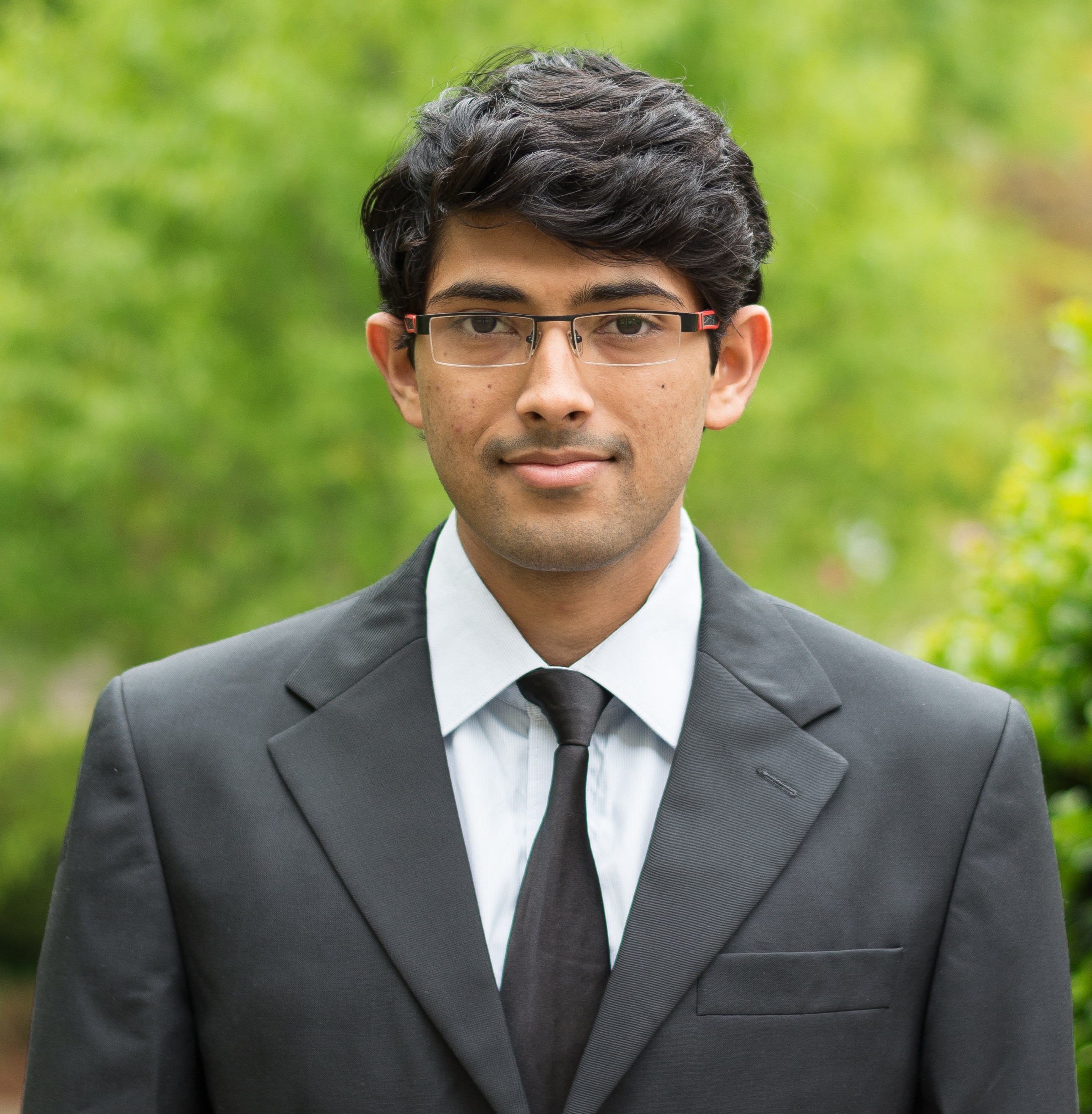|
Wednesday Mar 24, 12pm-1pm, [Meeting Link]
Adjoint-Based Structural Optimization of Aircraft Wings Subjected to Dynamic LoadsDarshan Sarojini
Advisor: Prof. Dimitri Mavris
|
 |
ABSTRACT
This talk presents the development of a framework to directly size and optimize a structure under dynamic loads with a special focus on early aircraft design. Low degrees of freedom (DoF) beam models are used in place of high DoF models to represent the structure, thereby significantly reducing the computational cost (runtime and memory). For a given residual system of equations, the adjoint method for time-dependent problems solved with the stable BDF will be shown to require computation of six terms. This generalization allows for the implementation of a generic, equation-agnostic adjoint solver. Constraint aggregation techniques are extended to both spatial and temporal domain to constraint the strength-based stress yield criterion throughout the dynamic simulation. The proposed structural analysis method is applied to the wing structural analysis and sizing of a novel hybrid-electric propulsion aircraft -- NASA's PEGASUS concept. It is shown that the sizing of aircraft wings for 14 CFR specified maneuvers 2.5g and -1.0g static maneuvers using the proposed approach produces a 6% difference in weight compared to a shell-based method, but with a 7.8x speed-up, and is efficient at sizing the wingbox structure for dynamic loads generated by dynamic gust maneuvers.
BIO
Darshan Sarojini is originally from India where he received his bachelor's degree in Mechanical Engineering in 2014. He worked for a year at the Indian Institute of Science where he worked on compliant bistable mechanisms. He joined the Ph.D. program in Aerospace Engineering at Georgia Institute of Technology in 2015. While pursuing the Ph.D. degree, Darshan also completed a Master's in Aerospace Engineering and a Master's in Computational Science and Engineering. Darshan has been working on a variety of projects focused on scientific computing, specifically multi-disciplinary design optimization, aeroelasticity and loads, surrogate modeling, and reduced-order models. He was worked on projects funded by Airbus, NASA, Gulfstream, and Siemens. Darshan has been an active member of the Leadership Education and Development initiative on campus, and a student representative on the Institute Graduate Curriculum Committee. He has been an active part of the India Club at Georgia Tech and helped organize cultural events on campus. His hobbies include hiking, board games, biking, and running.
